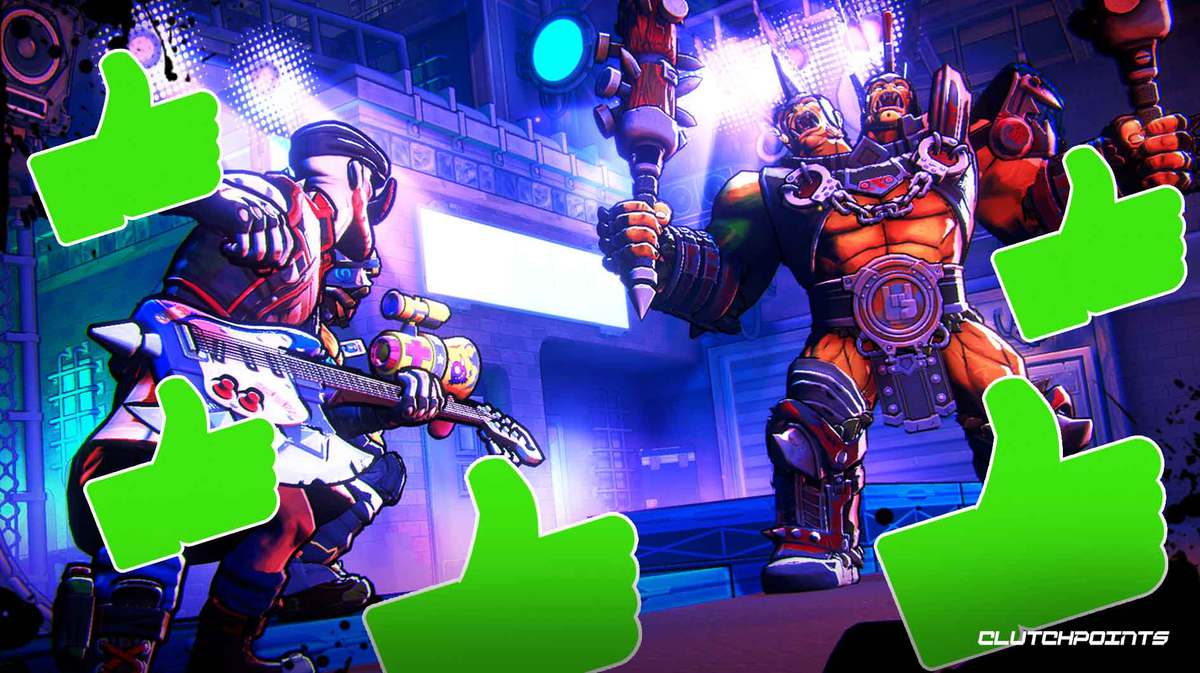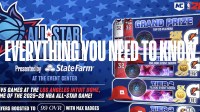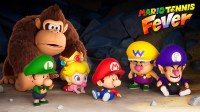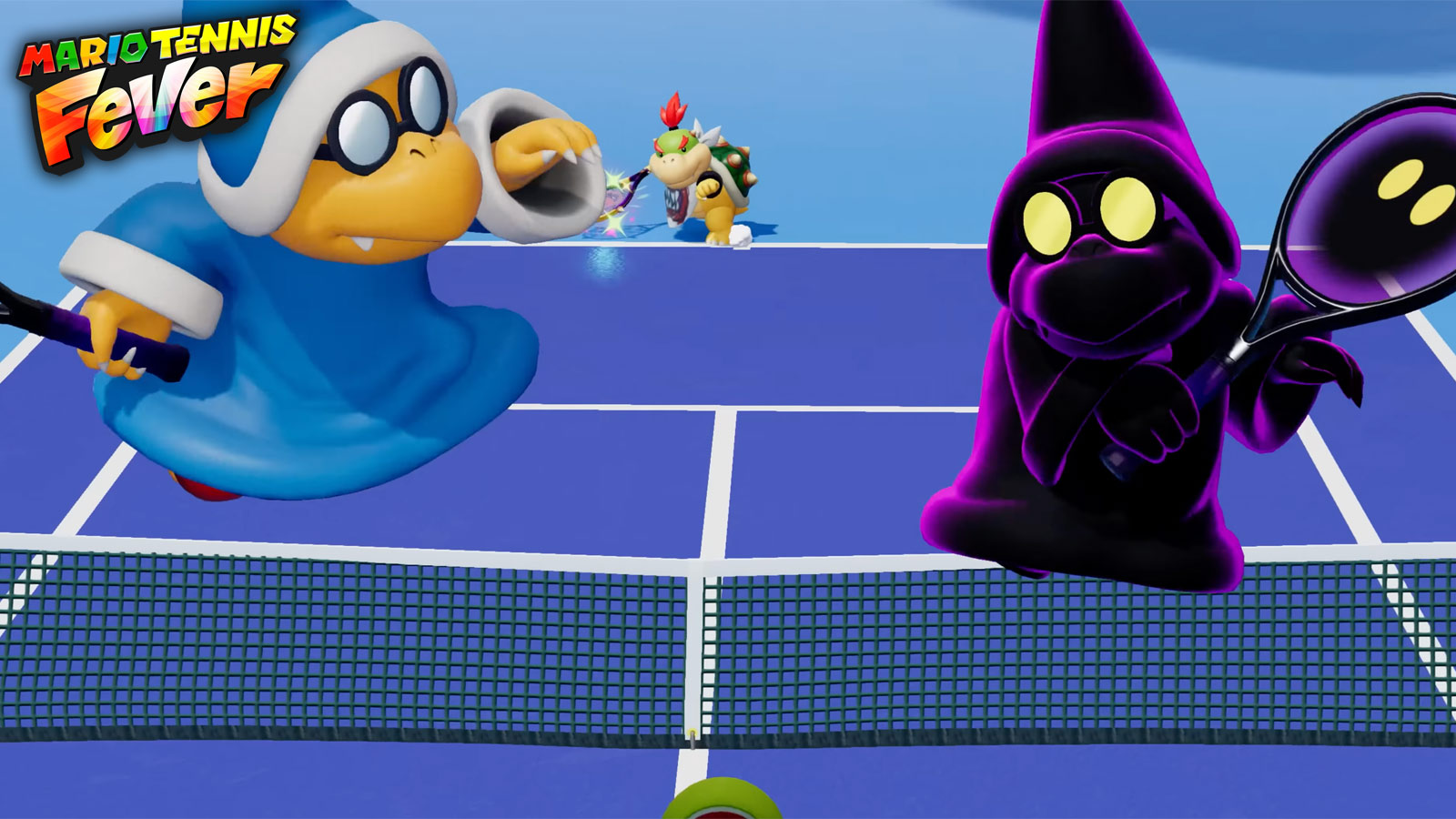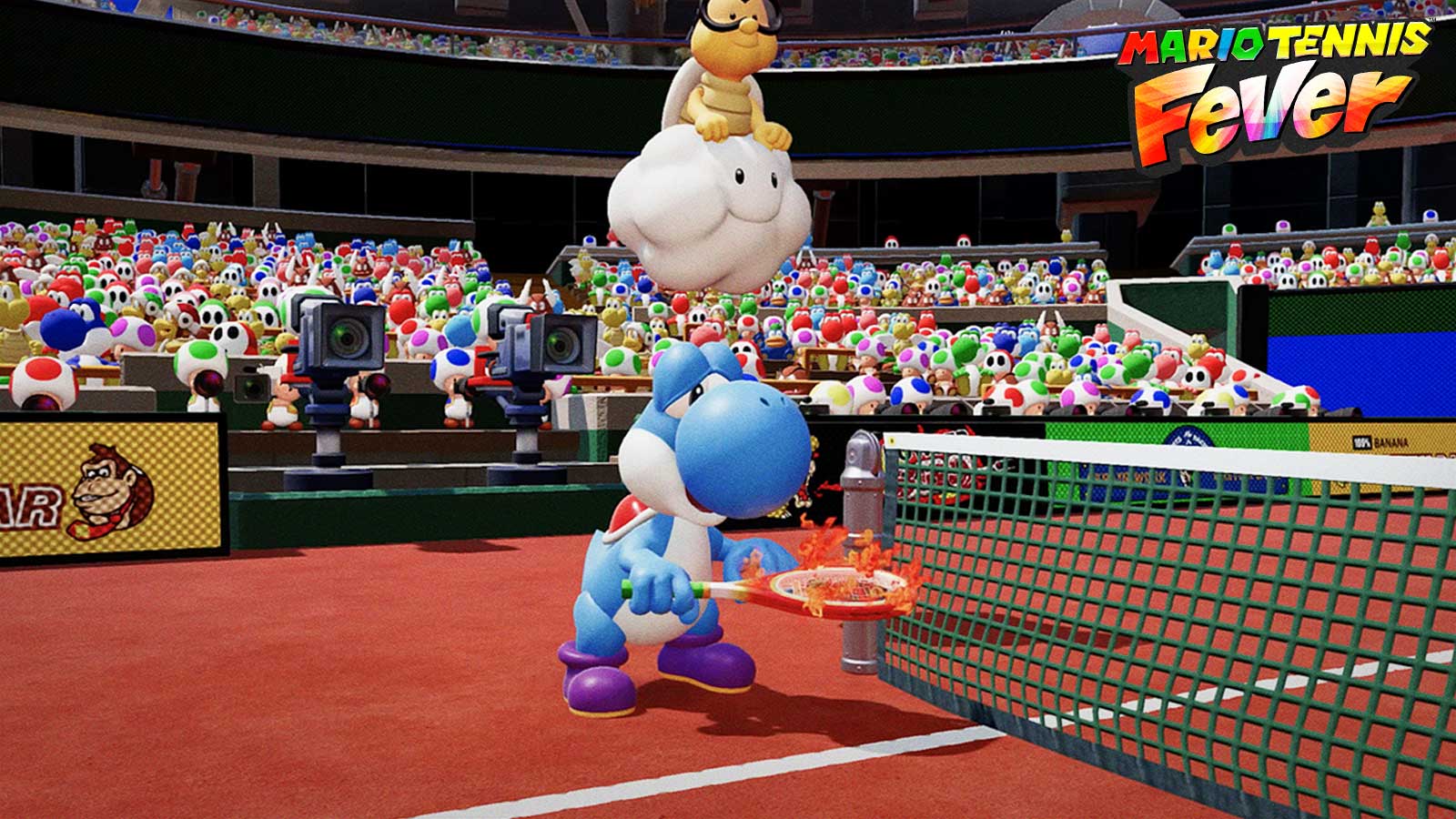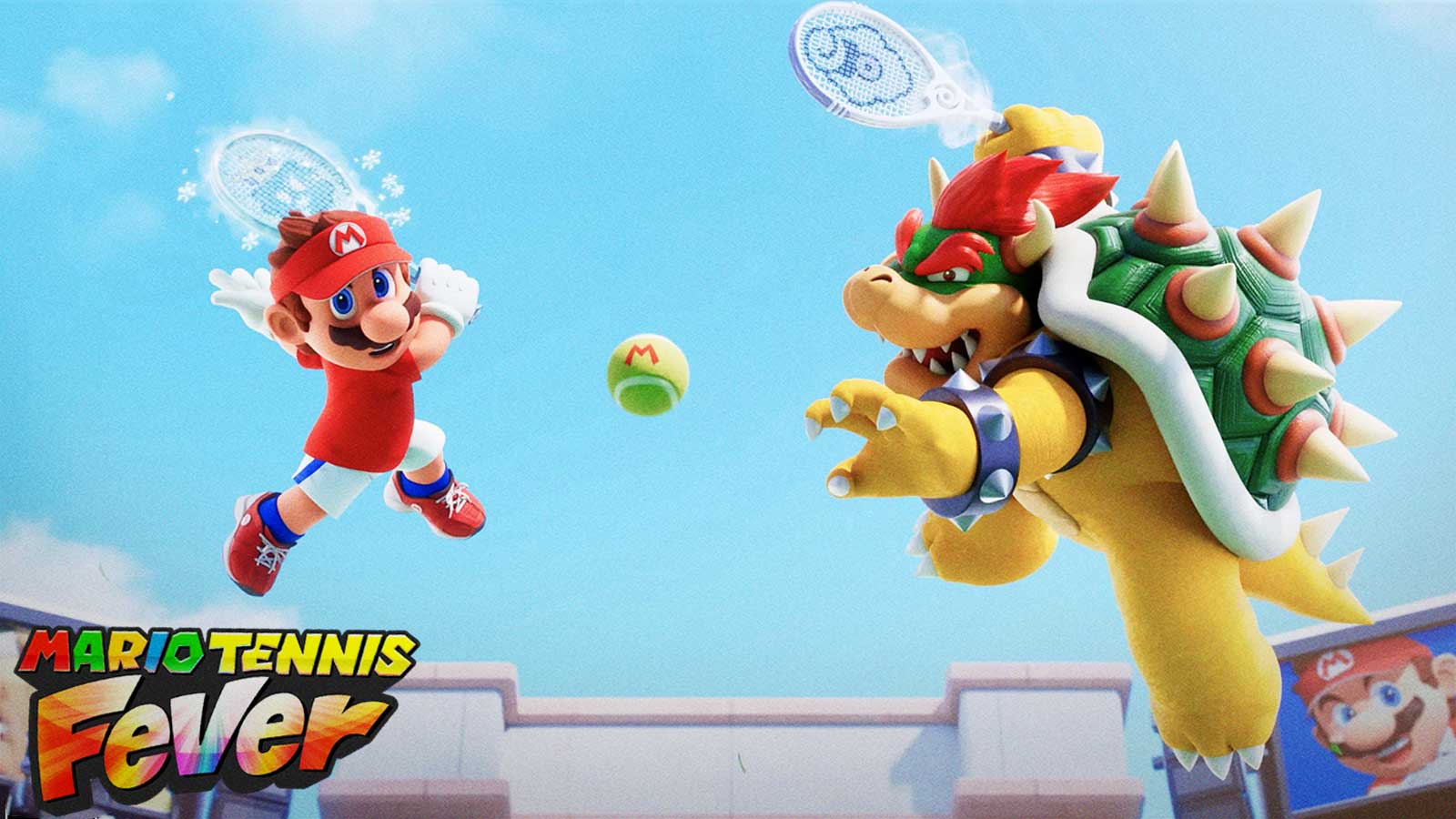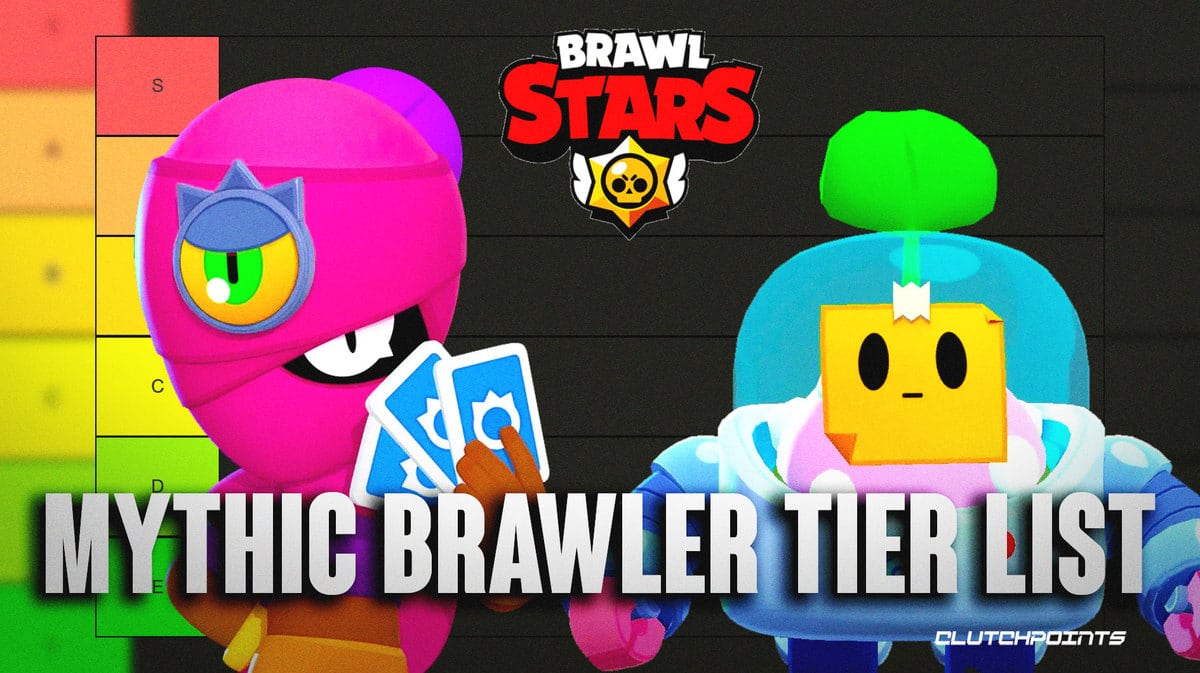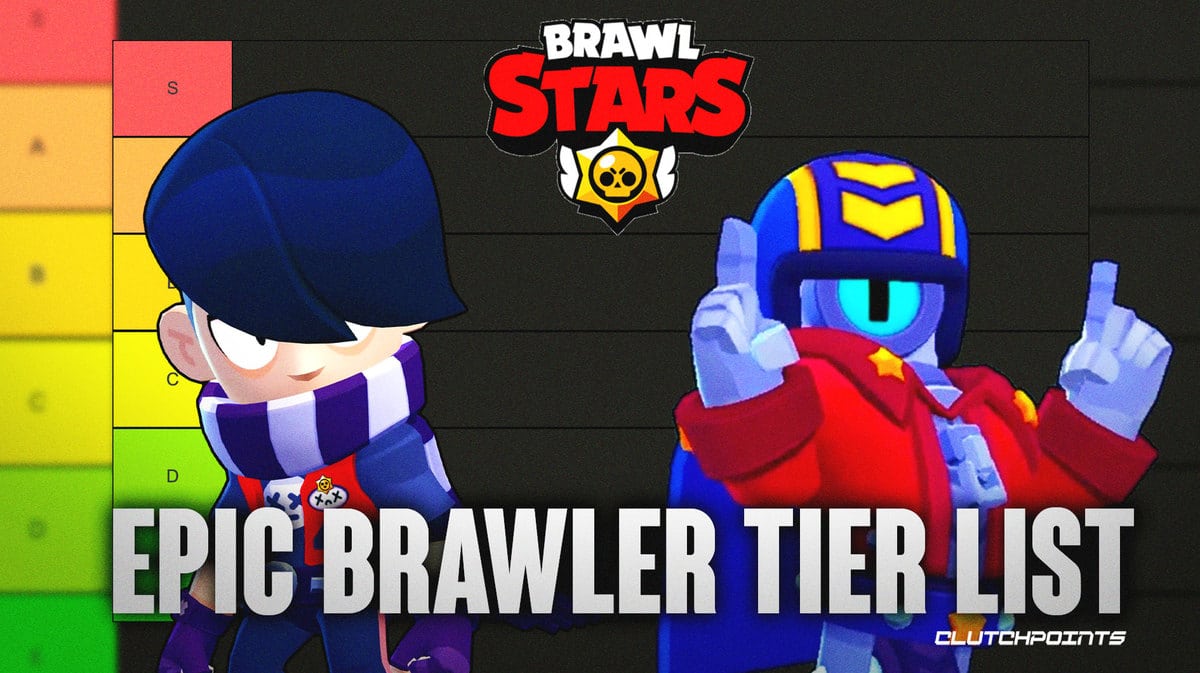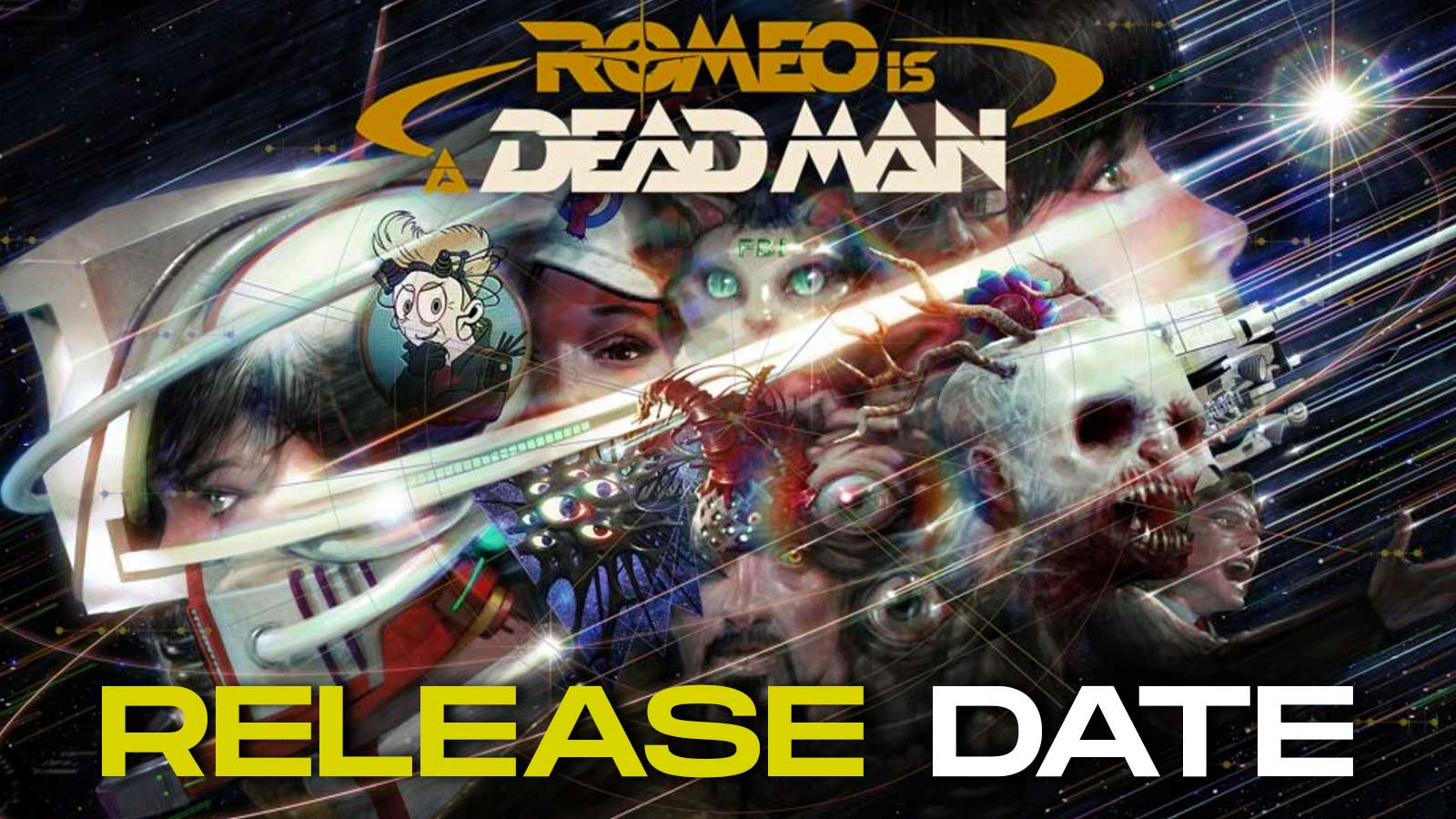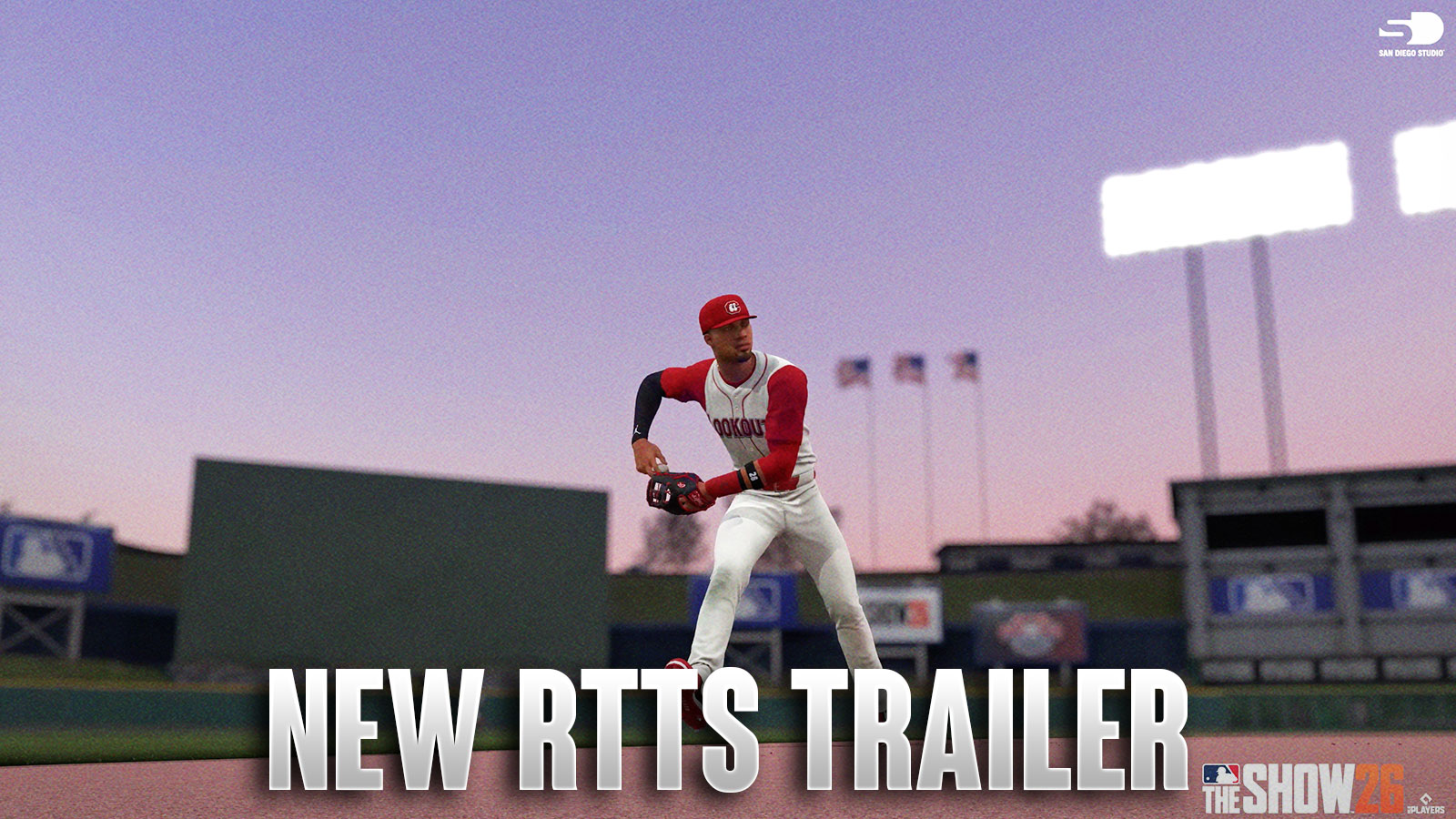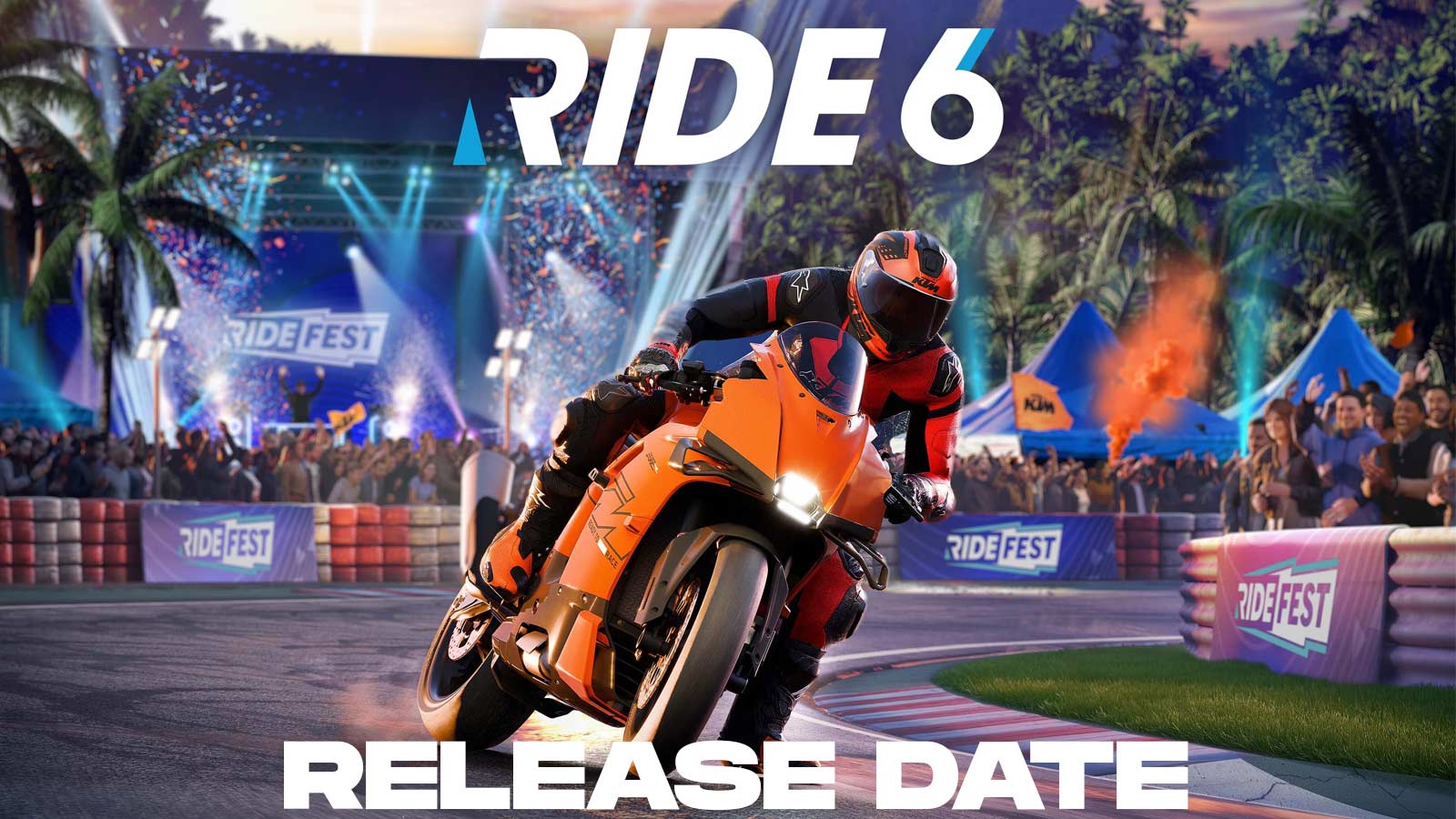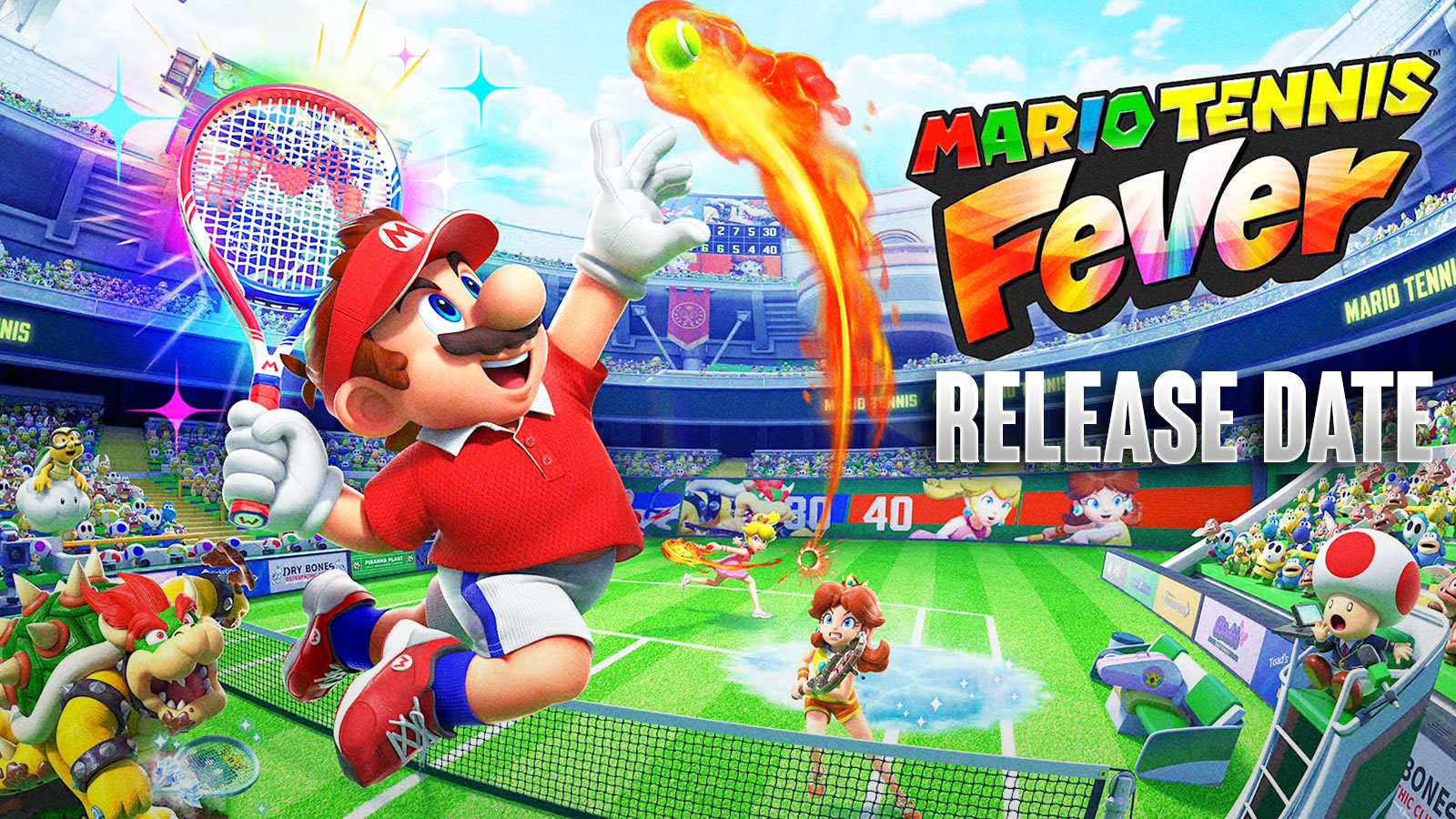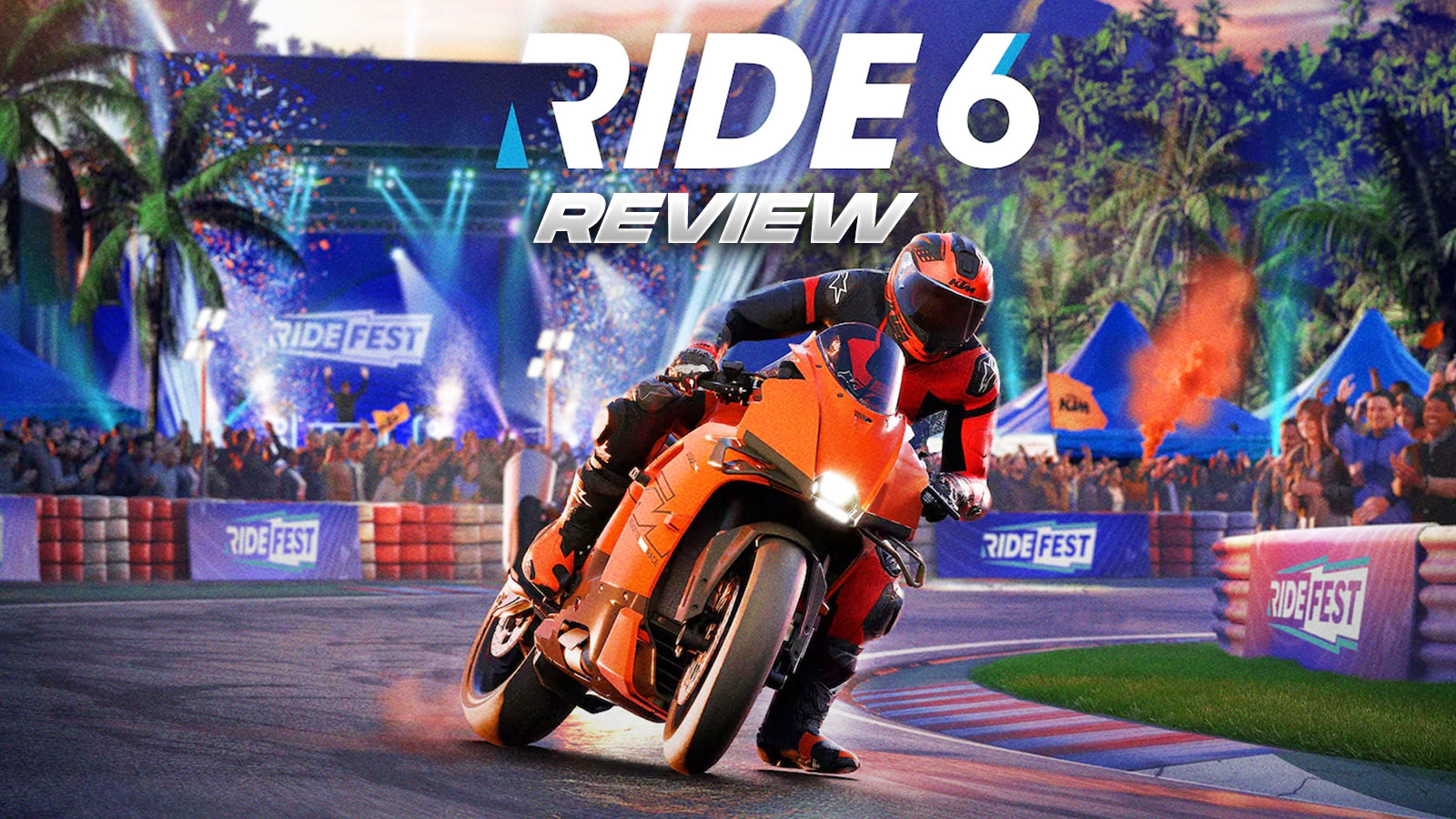Taken on bands of demon spawns with your very own rock band on a musical tour that's set to save the world from infernal influence. In this Power Chord review, let's talk about how these elements all pan out, and whether or not the game is worth your time and money.
Power Chord Review: What is Power Chord?
Power Chord is a rogue-lite deck builder card battler inspired by games like Slay the Spire and Darkest Dungeon. Developed and published by Big Blue Bubble, Power Chord gives players a party of four band members who set out to defeat the demons of Helmoth that have been wrecking chaos in Midriff, racing against them to reaching a powerful weapon that is the key to saving the world.
Power Chord has the unique theme of rock and roll musicians saving the world, going against literal demon spawns using the power of their music. You take to the stage and battle bands of demons and overpower them with your riffs and drum rolls. It's an entertaining backdrop to what is an otherwise enjoyable gaming experience that only falls short in terms of depth and content. So, here in our Power Chord review, we talk about the good bits and bad bits of the game.
Gameplay
As a rogue-like deck builder card battler, you take on a series of battles until you reach a boss, which, once beaten, allows you to continue on to the next tour, which is comprised of a randomly-generated series of battles with branching paths. The game has a total of four bosses right now, which is just enough content to give you a great time. More on this later.
You start each run by choosing your band members. Each band member comes in one of four rock band-themed classes: the defender tank Drummer, the utility support Bassist, the DPS Guitarist, and the healer support Vocalist. I kind of like that while the game keeps classic fantasy RPG archetypes in the game, they fit entirely well with the theme that the game is going for. In any case, you have to take one of each to complete your band, of which you have a few options for each class. Each character starts with their own starter cards, which then comprise your starter deck.
The card battling of the game and the card collection work the same way you'd expect from other deck-building card battlers, with this game's primary difference from games like Slay the Spire being that you have four different members instead of just one. Having four members mean that you're drawing four kinds of cards, and losing any one of your members mean losing access to their cards. You gain new cards along the way as you beat demons and through random encounters as you move through the tours on your way to the enemy boss.
The battles also give players a balancing act, which will ask the player to prioritize between protecting their party or vanquishing the foes. Of course, the cards that you pick up along the way will determine the kind of strategy you'll be employing in each run. You can focus on buffing up your Drummer this run, focusing on keeping your shields up and outlasting your opponent in a battle of attrition. Or you can instead buff up the individual damage of each hit of your utility support and have him become your DPS instead with his attacks that hit multiple times or focus on buffing up your guitarist so he can one-shot his opponents.
The problem, though, is that it takes tremendous luck to build up a strong build in this game, as you could get a card for a class you're not focusing on. Each class also has different probable builds, so as the number of possible cards you can pick up grows, the less likely it is that you'll get a card that will help you reach your ideal build. That's all part of the game, though, and the challenge is to make things work even with these limitations. There are a couple of mechanics players can use to mitigate the randomness, like burning some of their cards to trim their deck size, or equipping the right set of gear to make their builds more effective. There are also shops in the game where you can buy new cards and new gear, further giving the player an edge in their deck-building with less randomness than usual.
Now, circling back to the content and depth of the game, the game offers a lot of unlockable content and challenges for the grinder, but the amount of things to conquer in terms of the main dungeons and bosses isn't enough for the game to have the same longevity its inspirations have. The game, as of the moment, can be completed between five to ten hours of gameplay, and a completionist run will take around 15-20 hours. However, more content has been promised by the devs, with more band members coming soon. So, with that in mind, the game has the foundations and hopefully, the devs add more content so that we could have more of the good stuff that Power Chord has.
Story
Power Chord's story isn't exactly the game's bread and butter, and that's fine. The developers introduced the game's story and made away with it quickly, with all of the game's cutscenes skippable after the first viewing. The game's premise is simple: the Demons of Helmoth have broken into Midriff, and a legendary hero using a powerful guitar riff kept them at bay and locked out their master. However, while their chief was kept at bay, the demons were not completely eradicated. So, it's up to your merry band of musicians to beat the rest, while also racing towards the very same powerful weapon that the demons have decided they could also use to free their lord.
The game's story isn't at the front and center, and it fairly works as a backdrop to the mayhem. It doesn't really matter in the long run, but it at least gives the entire game the cohesion it needs to give meaning to the battles you're partaking in.
Graphics
Power Chord has a nice cel-shared artwork with strong visual clarity, which actually works well in giving players visual feedback on gameplay elements, like enemy targeting, damage, status effects, and class effects. For example, each of the four classes is assigned a particular color: blue for the drummer, purple for the bassist, yellow for the vocalist, and red for the guitarist. Enemy attacks are choreographed by a HUD that tells the damage and shows the color of which band member is taking the hit. This easily gives the player an easy way to plan out their actions – allowing them to prioritize targets and protect their backline with defensive tactics.
Music and Sound Design
As a game about rock and rolling, expect your sessions to be filled with impressive guitar riffs and music that's meant to hype you up. I don't have many complaints about the game's music and sound effects as they work extremely well for what the game is all about. I just hoped that the band's actions could have actually affected the background music. That kind of diegetic game design is worth a killing, and it could have added a new layer of immersion to the game. Not that it would have needed it, but it could have been a neat addition. This game is all about a band that is using their music to save the world, so why not have their actions actually affect the sounds you hear in the game?
The game also has decent voice acting for the narration of its story, but it only goes that far. There is no voice acting for any of the party members, so they don't really react to damage vocally. It would have been awesome if the characters we get to play with had deeper backstories, explored through their voice lines and their interactions with the different band members they are with at the party. It could have given additional incentives for players to try out new party compositions as opposed to just sticking with what they're comfortable with. Power Chord works well even without these, but it could have brought the game to the next level.
Verdict: Is Power Chord Good? Is Power Chord Worth Your Time and Money?
Overall, Power Chord is a decent, if short, rogue-lite deck builder card battler. At its current state, the game is mostly something you could beat on a weekend and move on from afterward. It's not the time-sinker that Darkest Dungeon and Slay the Spire are. Still, picking this game up is worth it just to experience its themes and gameplay loop. The devs also promised new content moving forward, so there will be something new to come back to and new reasons to play in the future. Even at its current state, I would say that Power Chord is worth your time and money, but I'm taking the Power Chord review score by one point thanks to its lack of depth and replayability at the moment. Hopefully, the devs would support this game more in the future.
Score: 7/10
Editor's Note: ClutchPoints received a PC review copy to allow us to cover this game. This copy did not, in any way, affect this Power Chord Review's final score and verdict. For our other reviews and everything else gaming and esports, stay with ClutchPoints Gaming.

